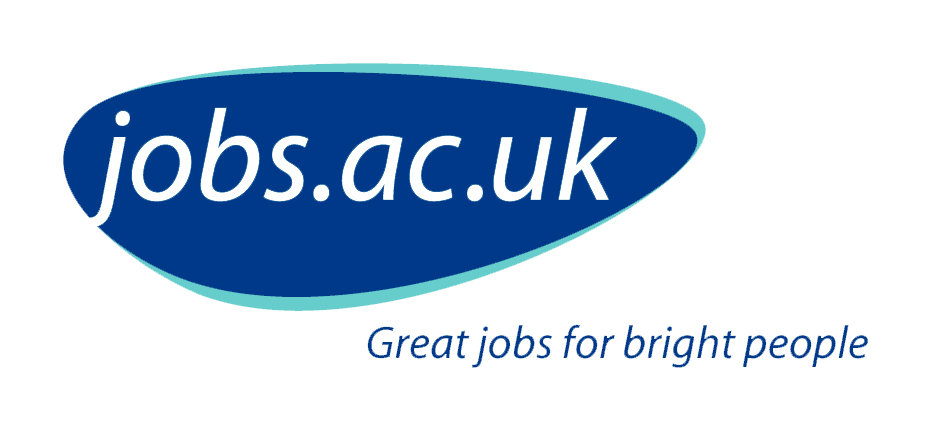[ad_1] Supervision Dr Sean Hudson; Prof Ann-Louise Caress; External Associate Supervisor: Dr Emma S
[ad_1]
Supervision
Dr Sean Hudson; Prof Ann-Louise Caress; External Associate Supervisor: Dr Emma Stanmore (University of Manchester)
Duration
3 years full-time (part-time study over 6 years may be possible in some circumstances)
Background
Chronic Obstructive Pulmonary Disease (COPD) has been identified by the World Health Organisation as the third leading cause of death worldwide. It is estimated that 10.3% of the world’s population aged 30-79 years have COPD, with 3,728,000 people in the UK alone living with the disease. The condition is characterised by airflow obstruction, which results in breathlessness, the extent of which increases with the severity of COPD. Breathlessness in people with COPD can be induced by very limited exertion (such as walking across a room in those with severe COPD). Fear of becoming breathless often results in an increasingly sedentary lifestyle. This in turn can lead to deconditioning, including reductions in respiratory and skeletal muscle mass. This can further impair respiratory function, as well as leading to deterioration of postural control and balance, which results in increased risk of falling. Taken together, these can cause loss of independence and poorer quality of life for individuals living with COPD.
Outline & Focus
‘Pulmonary rehabilitation’ (PR) for people living with COPD has been demonstrated to be highly efficacious. It typically involves a structured programme of exercise and education led by a health professional for a limited duration (e.g., 1 hr per week for 12 weeks). However, a sizeable percentage of individuals with COPD are clinically ineligible for PR and, in those who undergo PR, physical activity maintenance after PR programmes end is very low. This highlights the need to consider other approaches that might facilitate the embedding of physical activity in individuals living with COPD. Approaches such as dance, tai chi and exergames have been reported to have physical, psychological, and social benefits for older adults and in other long-term conditions, such as stroke. However, there is limited evidence regarding the feasibility and acceptability of such approaches for people with COPD.
We invite proposals for research investigating the feasibility and acceptability of one or more approaches to promoting physical activity maintenance in individuals with COPD. This project has the potential to provide knowledge that might improve quality of life for individuals with COPD. It will be multidisciplinary, and the successful candidate will develop a range of skills; for example, the health outcomes that you propose to investigate for this project could include physical (e.g., respiratory outcomes, quantifying physical activity) and psychological (e.g., quality of life or wellbeing) and the project will require application of a range of methods, both qualitative and quantitative.
Eligibility criteria & conditions
Achievement that equates to first-class honours at undergraduate level or a distinction at master’s level in a relevant discipline. Our preference is for applicants who have already demonstrated excellence at master’s level, but we will consider exceptional applicants without a master’s.
Applicants who are expecting to achieve the above standard before January can still apply, so long as there is already clear evidence from coursework marks that they are on target to achieve a first/distinction.
This studentship is for home applicants only. A condition of the scholarship is that you will contribute an average of six hours per week to assisting with undergraduate teaching, preparation and marking and/or supporting staff research and broader School activities, without additional payment.
Funding amount
- Stipend matched to UKRI rates (currently £17,668 p.a. for full-time)
- Modest costs for field work and conference attendance
[Partial fee-waivers may also be available to excellent candidates who are unsuccessful for the studentship]
Funding for: UK Students
Application deadline – Friday 17th November 2023
Start date – January 2023
Additional application notes:
- Please select one of the following subjects of study in the application form: Psychology, Public Health, Nursing and Midwifery, Applied Health Sciences.
- Where the online application form asks about payment of fees, select ‘other’ and provide the name and reference number HHS_2023_11in the free text box. You can follow more detailed instructions in our Scholarship Application Funding and Fees Guidancedocument.
- Upload a research proposal with your application, addressing the issues identified above. Guidance is provided by the University for writing research proposals.
- Please start the proposal with a 200-word summary of the proposed research project and include the name of the scholarship for which you are applying.
- At the end of the research proposal please include a 300 word statement explaining the broader contribution that you would make to the School. This should include the qualities that you would bring to enable you to contribute to the teaching and research communities of the School (e.g. contributing to seminars, assisting with staff research, assisting with undergraduate teaching and marking of assignments).
- When asked for staff names on the application form, please name Dr Sean Hudson and Prof Ann-Louise Caress
[ad_2]
Source link



COMMENTS